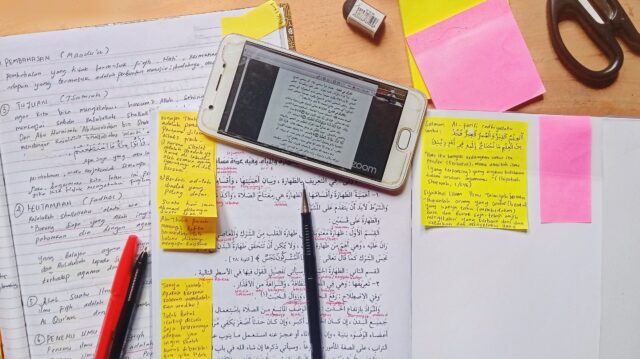
The ability to write essays is very important not only for good grades at school but also for the overall creative development of the individual. However, in English language and literature lessons, it is impossible to teach a student the rules for writing a good essay. WritingAPaper experts have all the knowledge to help students write flawless essays.
In the lessons, students can be told about the selection of a topic, drawing up a plan, observing the composition, and so on.
However, teachers will not say anything about the most important thing — how to create a text that has artistic value. Many of the methods that have developed spontaneously to improve such skills are completely ineffective. For example, in one study (the Ching Composition: Research on Effective Practices) it is said that the corrections and notes that the teacher leaves in the essay when checking do not achieve their goal, students often simply ignore them.
However, this does not mean that parents and teachers are powerless. The formation of writing skills is influenced by various factors, keeping in mind that you may well be able to help students find their creative handwriting.
1. Interest

This is the key to success not only in writing essays but also in any other field of activity. If a person is interested in what they are doing, the skill will come by itself. The process of the activity itself should be regarded by a person as significant and exciting.
This implies the upbringing of a certain value system in which creativity, self-expression, and intellectual work occupy the dominant positions.
An essay is not just a statement of thoughts. This is the result of creative activity. Students must be aware of the aesthetic value of literature, the beauty of language.
For example, research claims that it is important to show the student that one long sentence sounds more beautiful than several short ones. It is necessary to teach him to combine sentences, to tell him by what means this can be achieved. The same goes for other artistic aspects of the language.
2. Respect and appreciation of literature

To do this, the child must certainly read, but this does not mean that it should be forced to read hundreds of books. Many people mistakenly believe that the more a person reads, the better they will write. This is not the case at all.
Even from the point of view of vocabulary enrichment: for new words to enter the active lexicon, they need to be used regularly.
To enrich the active vocabulary, the method of providing a list of new words and asking them to use them in the composition is much more effective.
For a person to have an interest and an understanding of the artistic value of a piece, he should not feel pressure from outside to read.
Much more effective would be an individual approach: find out what genre you like, and focus on that. If, for example, you like fiction, it would be better to open the literary world to him based on his interests. For example, reading science fiction like Gibson or Lem, discussing the problems that are inherent in these books, speaking out independently is great for essay writing skills.
3. Motivation to reflect

This does not mean that you should forget about the school program: you can also arouse some interest in it with the help of teaching methods.
There are standard steps when writing an essay:
- selecting a topic
- making a plan
- writing an introduction with a topic presentation
- writing the main part of the essay
- conclusion with conclusions
This is quite a logical structure for working on any essay, which, reflects correct and consistent thinking. And it is necessary to teach it, but it is not necessary to start from it. Forcing a student to imitate dry patterns, harnessing his creative energy, forcing him to play by other people’s rules, you are unlikely to arouse his interest.
It will be more effective if he gets full freedom of expression and the opportunity to speak out on the topic of interest to him without restrictions. And in the process of writing an essay, you can adjust it or advise on how to better organize the text. The student will learn the structure but will do it on their own experience.
4. Imitation of others

In the research (Chaps has Students ‘ Creative Writing Skills) it is argued that full monitoring of the essay writing process, helping the student in real-time will give better results than the common method-to leave the student alone with the paper, and then make edits to the finished result.
You want to teach students to think and speak on a more sophisticated level. Believe me, he wants to learn it, too.
Often, people first identify with a certain image and only then acquire its qualities. So, after graduating from art school with honors, a person thinks: “I’m a talented artist.” And only then, after many years of practice, his paintings will begin to correspond to the title that he gave himself in his youth.
Every student wants to succeed. If you manage to convince him that being successful means being able to think non-trivial and beautifully express your thoughts, then he will begin to show his skills accordingly. For this to happen, the essays must initially be written by students and teachers together.
5. Regular practice
To learn how to express your thoughts coherently, this one point is enough. If a person does something regularly, he gets better and better at it. Even with a complete reluctance to write, but with strict supervision of homework and thanks to constant practice, the child will be able to cope with the essays and get good grades.
Anyways, the school grade is not an indicator of success in life. In any case, do not suggest the opposite to the child, otherwise in the future, he will strive for artificial, created by someone else, without finding his creative energy.













